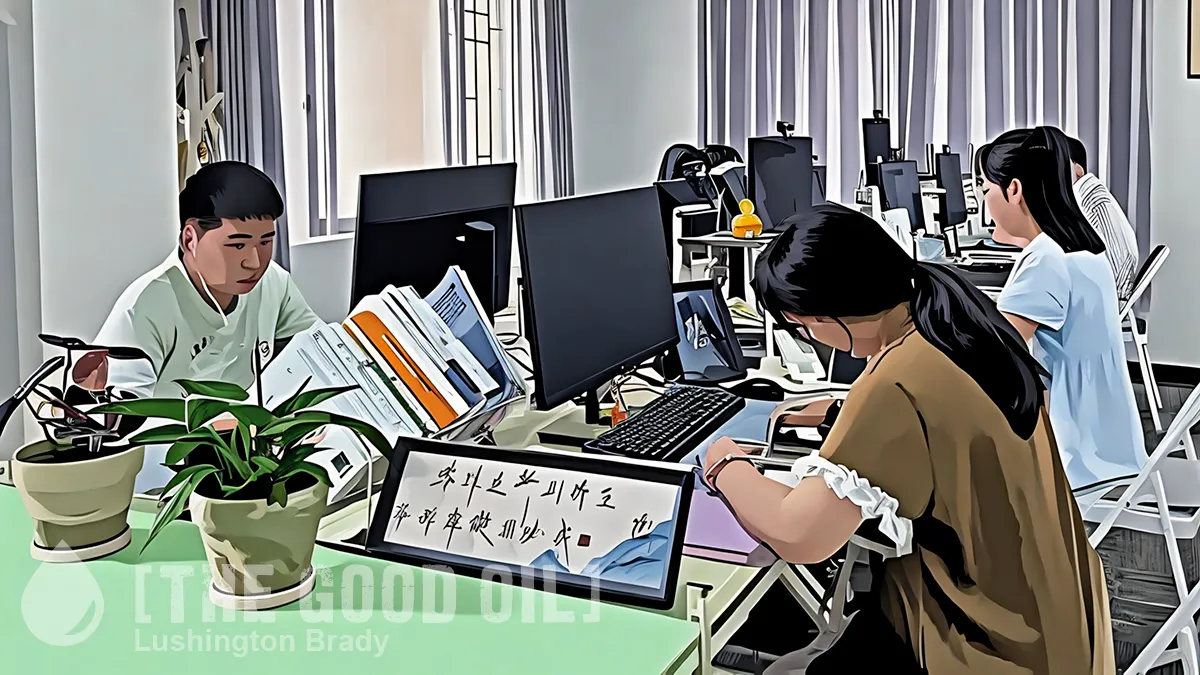Table of Contents
Most people seem to forget that the British empire peaked, not in the 19th century, but in the 1920s. By 1938, 500 million people — one-quarter of the global population — lived within the Empire. Yet, within a couple of decades, the Empire was all but gone. The last colonial territory, Hong Kong, was formally handed over to China, in 1997.
It’s a story that plays out again and again throughout history: empires reach an apparent zenith of power, then suddenly collapse.
In that sense, the handover of Hong Kong to China may be more historically significant than generally acknowledged. For years, the narrative has been the Rise of China — usually portrayed as at the expense of the US — but is communist China yet another empire teetering on the brink of collapse just as it reaches its highest point?
The coronation of 69-year-old Xi Jinping for a third five-year term, tightening his grip on China when many of his policies look flawed and counter-productive, raises the question: are China’s internal weaknesses even more challenging than those afflicting the US?
There is no question that America is currently in deep trouble. But, then, it’s been there before. But the genius of America is its ability to confront its problems and rise above them. More importantly, America doesn’t hide its tribulations, it wears them on its sleeve.
By contrast, China is closed to our public vision.
In response to giddy claims about China’s economic and military ascendancy, I have long pointed out that that’s just what the Chinese Communist Party chooses to tell you. Secrecy is the CCP’s watchword. Even today, exact figures of the number of Chinese murdered during the Great Leap Forward and Cultural Revolution are unknown — the margin of error alone is in the tens of millions — because records are kept securely sealed. Outside visitors at the time were blissfully ignorant, and even Chinese themselves were kept in the dark about the scale of the calamity, told (and believing) that famines and mass murders were peculiar local problems.
That obsession with secrecy and control is just as strong today, from the rigid policing of local media and social media to the pervasive social credit system.
Those who assert Australia should deal with China as a nation-state ignoring its authoritarian character are wrong – it is China’s ideology that pervades every aspect of its domestic and foreign policy […]
The logic of communist control is the necessity to strengthen despotic leadership – once power is shared the party loses control and the entire system collapses.
Despite the Xi rhetoric of China’s ascendancy to global super-powerdom, rhetoric too often parrotted by giddy pro-China apologists in the West — the collapse of that system may be closer than Beijing wants us to know. China, as Mark Steyn among others has pointed out, is facing a demographic tsunami that dwarfs anything facing the post-Baby Boom West. It is, as Steyn says, getting rapidly old and male. Even official Party data paints a devastating picture of rapid population decline over the next century.
The West has the option of overcoming demographic decline through immigration. China has no such option: even if the CCP wanted to let millions of outsiders in, unlike America, there’s little global appetite to up stakes and crash China’s borders.
Especially not under Xi’s neo-Maoist ideology, where, according to former Australian PM Kevin Rudd:
“Xi has pushed politics to the Leninist left, economics to the Marxist left and foreign policy to the nationalist right. He has reasserted the influence and control the party exerts over all domains of public policy and private life, reinvigorated state-owned enterprises and placed new restrictions on the private sector.”
Along with the imminent demographic shocks, cracks are already appearing in the facade of the “Chinese economic miracle”. Far from overtaking the US, it seems likely that China will be lucky to achieve even parity.
Xi’s zero-Covid stand has meant economic pain and popular hostility. Confidence is declining in China’s finance and property sectors.
Regime predictions that economic growth would remain about 6 per cent during the 2020s look doomed. Estimates for growth over the next couple of years vary but the World Bank has revised its 2022 GDP forecast for China to 2.8 per cent.
And therein lies the peril: in the words of Financial Times commentator Martin Wolf, “the despot will become increasingly isolated and defensive, even paranoid”. In particular, Xi is rapidly running out of time to achieve his dearest goal: “unification” with Taiwan.
But even there, Xi’s ambitions have been dealt a severe blow.
Former ambassador to China Geoff Raby, a critic of Australia’s China policy, wrote in this paper last weekend that it was “especially alarming” for China’s leaders to watch the forcefulness of the West’s response [to the Ukraine war] and extent of allied co-ordination, given China is far more vulnerable to punitive action and exposed with its energy supplies shipped via the Strait of Malacca.
The Australian
The question is whether Xi will strike out in a last, desperate gamble — or will he, like Mao and so many emperors before him, retreat to paranoid isolation in the Forbidden City, while his sclerotic empire succumbs to paralysis, and, eventually, collapse?
Have we, in fact, already witnessed “Peak China”?









